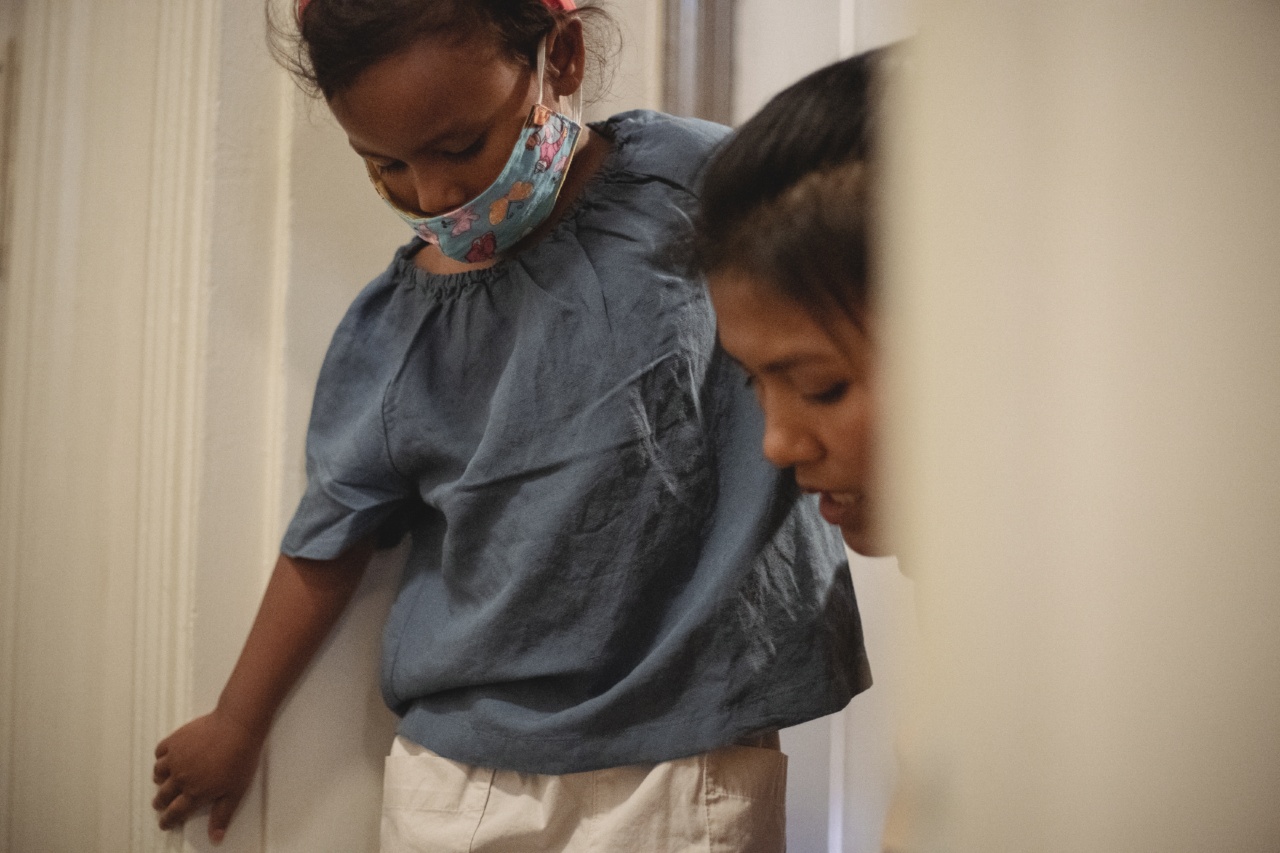Childhood obesity is a growing concern in our society, and it’s important to address it early to prevent long-term consequences such as heart disease, type 2 diabetes, and high blood pressure.
Pediatricians play a crucial role in preventing childhood obesity by educating both parents and children about healthy lifestyle choices, and by monitoring their patients’ growth and development. In this article, we’ll discuss how pediatricians help prevent childhood obesity and what parents can do to support their efforts.
Why Childhood Obesity Is a Growing Concern
The prevalence of childhood obesity has dramatically increased over the past few decades, with more than 18% of children and adolescents now classified as obese.
This trend is alarming because obesity during childhood increases the risk of obesity during adulthood, which in turn increases the risk of chronic diseases. Obese children may also experience bullying, low self-esteem, and depression, which can negatively affect their overall quality of life.
The Role of Pediatricians in Preventing Childhood Obesity
Pediatricians are often the first line of defense in preventing and treating childhood obesity.
They play an important role in educating parents and children about the importance of healthy eating habits, regular physical activity, and limiting sedentary behavior. Pediatricians also monitor their patients’ growth and development, and they can identify early signs of overweight and obesity before they become a serious health concern.
Screening for Childhood Obesity
During each well-child visit, pediatricians will screen their patients for weight status by measuring their height and weight and calculating their body mass index (BMI).
The BMI is a measure of body fat based on height and weight, and it’s used to determine if a child is underweight, normal weight, overweight, or obese. Pediatricians will also track their patients’ growth patterns over time to identify any trends that may indicate a risk of overweight or obesity.
Encouraging Healthy Eating Habits
Pediatricians can provide guidance on healthy eating habits, including age-appropriate portion sizes, the importance of a well-balanced diet, and the benefits of eating a variety of fruits and vegetables.
They can also help parents and children understand nutrition labels, and recommend healthy alternatives for snacks and meals. Pediatricians may also recommend a referral to a registered dietitian for more advanced nutrition counseling.
Promoting Physical Activity
Physical activity is an important part of a healthy lifestyle, and pediatricians can encourage families to incorporate regular physical activity into their daily routine.
Pediatricians may recommend age-appropriate activities, such as playing outside, riding a bike, or swimming. They may also suggest limiting screen time and sedentary behavior, such as watching TV or playing video games.
Collaborating with Families
Pediatricians work in partnership with families to prevent childhood obesity. They can provide education and support, as well as referrals to community resources for healthy eating and physical activity.
By maintaining regular communication with families, pediatricians can ensure that their patients are making progress toward a healthy lifestyle and address any concerns or barriers that may arise.
Preventing Childhood Obesity Starts at Home
While pediatricians play a crucial role in preventing childhood obesity, parents are ultimately responsible for creating a healthy home environment. Here are some tips for parents:.
- Provide healthy meals and snacks, and limit sugary and high-fat foods.
- Encourage physical activity, and limit screen time to no more than 2 hours per day.
- Be a role model for healthy eating and physical activity.
- Involve children in meal planning and grocery shopping.
- Make physical activity fun, such as going for a family walk or playing a game of tag.
Parents should also schedule regular well-child visits with their pediatrician, and communicate openly about any concerns or questions they may have.
By working together, pediatricians and parents can help prevent childhood obesity and promote a lifetime of healthy habits.































